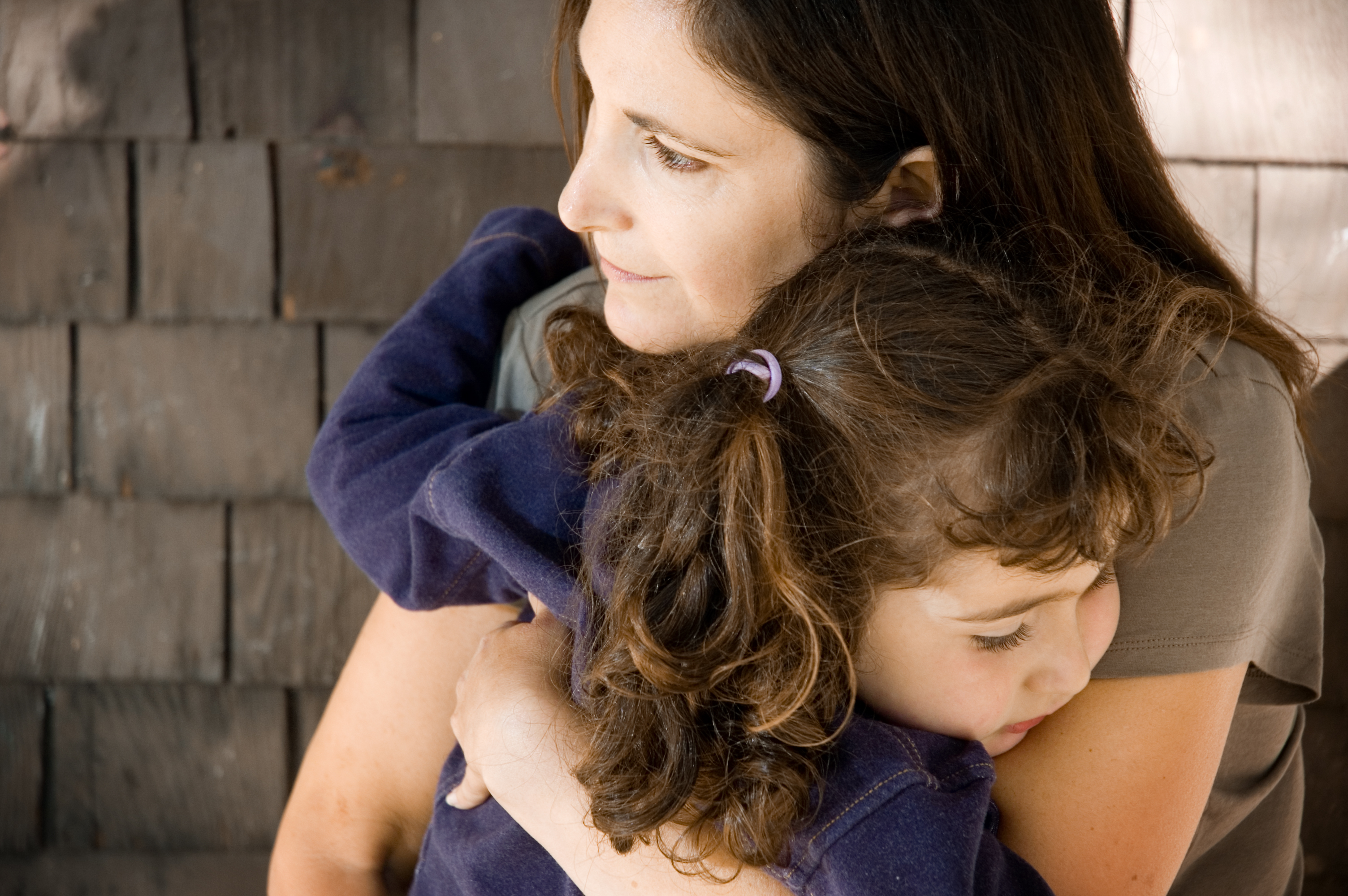
In the summer of 1998, life as I knew it changed forever.
I was married to the love of my life, had two beautiful young daughters and was living in the Southwest. My husband was a successful physician and I was a part-time bookkeeper for his practice.
I took my girls on a trip to Seattle in early June of that year to visit my brother and sister. We were staying at my brother’s house when, early one morning, I received a call from my husband’s office manager.
“We can’t find him,” she said. “I’ve called his cell phone and your home phone and he’s not answering.”
In that moment, I feared the worst. I called a close friend and neighbor in a panic and asked her to check on him. A few minutes later, she confirmed what I already knew in my heart: Rick had taken his own life.
At some level I saw it coming. He had struggled with depression through much of our marriage. As a physician, he resisted getting help, fearing he’d forever be “stigmatized” and it would hurt his practice.
I was fortunate because I was able to get help of my own at that same time. Through therapy, I learned my own limitations when it came to my beloved’s disease.
I knew that self-blame, shame and thinking I could somehow have changed that morning would be an exercise in futility. Without that knowledge, I may have chosen my own path of self-destruction, leaving my children without either parent.
With the help of a grief counselor and a lot of research over the years, I learned how to trust my instincts, listen carefully to my children and learn how much they could process at various stages of their lives. I hope by sharing some of my own experience, I can help others who are suffering with some form of mental illness or caring for a loved one who is.
Talk to your kids about mental health
Mental illness and depression affects one in five adults in this country in a given year.
It was imperative for me, but it is vitally important for all parents to talk to their children beginning at a young age about sadness, depression and mental health.
To explain my husband’s death to my daughters at their young ages of 3 and 4, I simply said, “Daddy was sick and has gone to heaven.” This was as much as they needed or wanted to know. As they got older, I explained what happened in steps and let them give me cues as to how much information they were ready for.
I found that by creating a space when my children were young where we could talk about our feelings without judgment, I set the stage for an open, emotionally healthy environment.
Throughout, the most important thing to me was making sure they heard from me about how their father ended his life, rather than anyone else.
What to say
What I explained to my daughters over the years boils down to this:
- Mental illness is a disease much like cancer is except it’s harder to diagnose and treat. There is absolutely no shame in having it and it’s brave to ask for help.
- You had absolutely nothing to do with your dad’s decision to end his life. He loved us all more than anything.
- There is a difference between being sad and being depressed. If the sadness goes on for several days come talk to me, or another adult you trust.
- Mental illness can run in families so you need to be particularly diligent about checking in with family and friends if you’re going through a hard time.
Even today, I remind my now nearly grown daughters that there’s more help available now than there was when their dad died. Finding the right course of treatment can take time, but it can also make all the difference.











